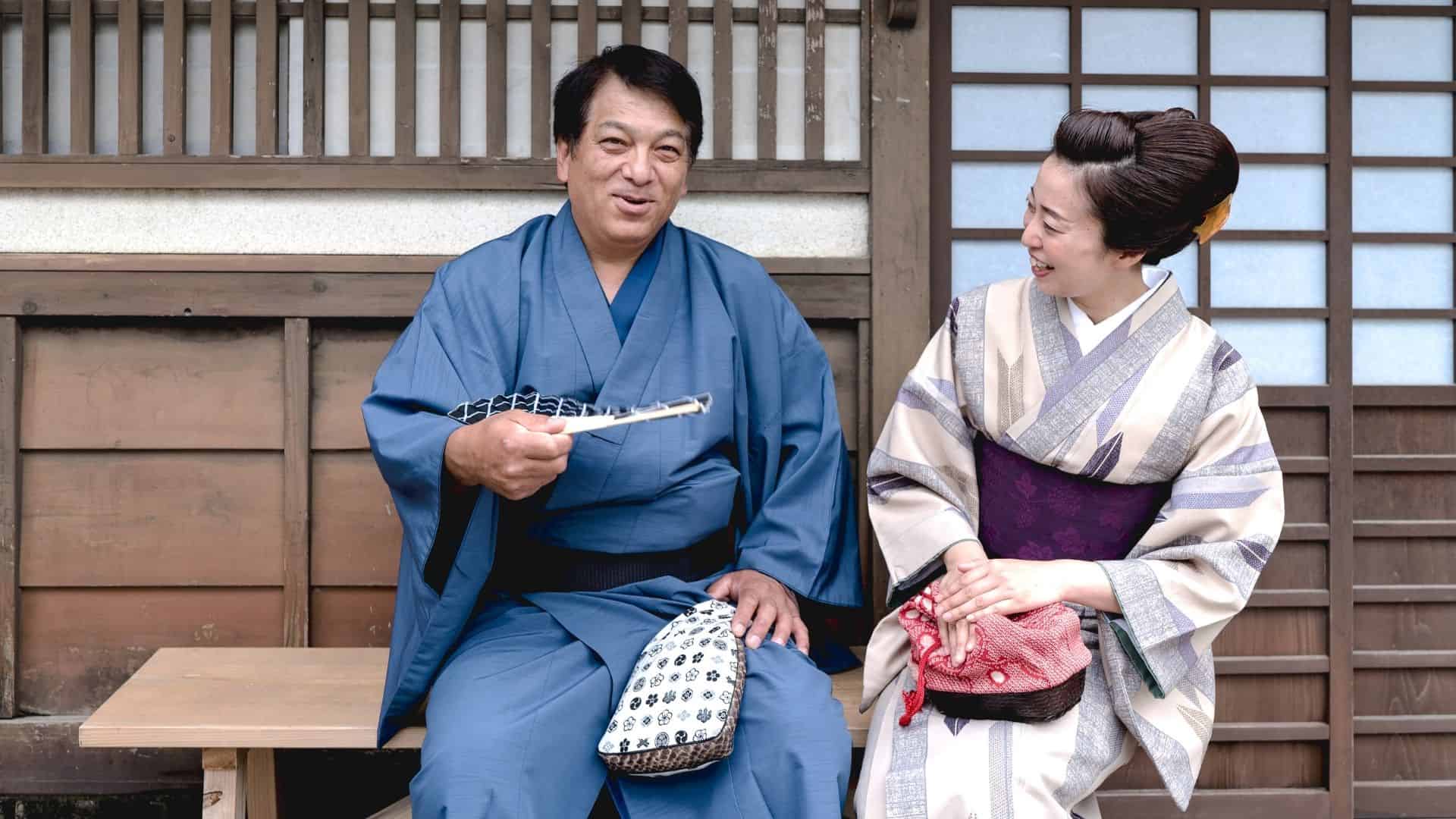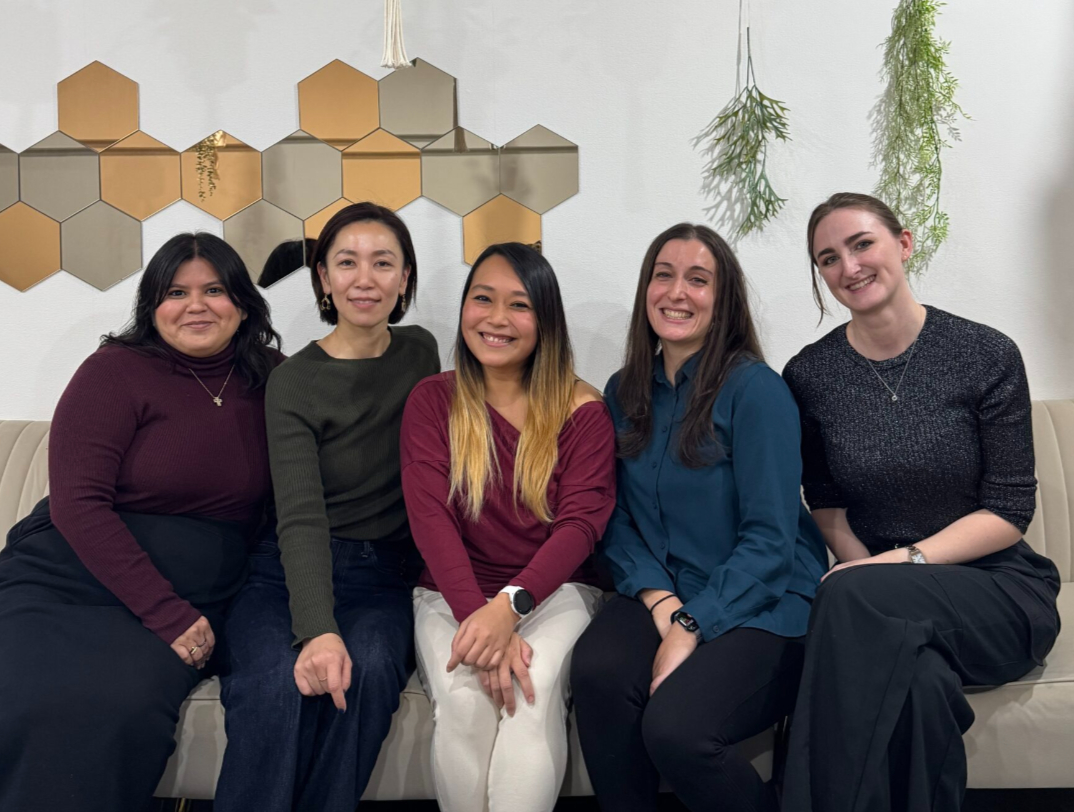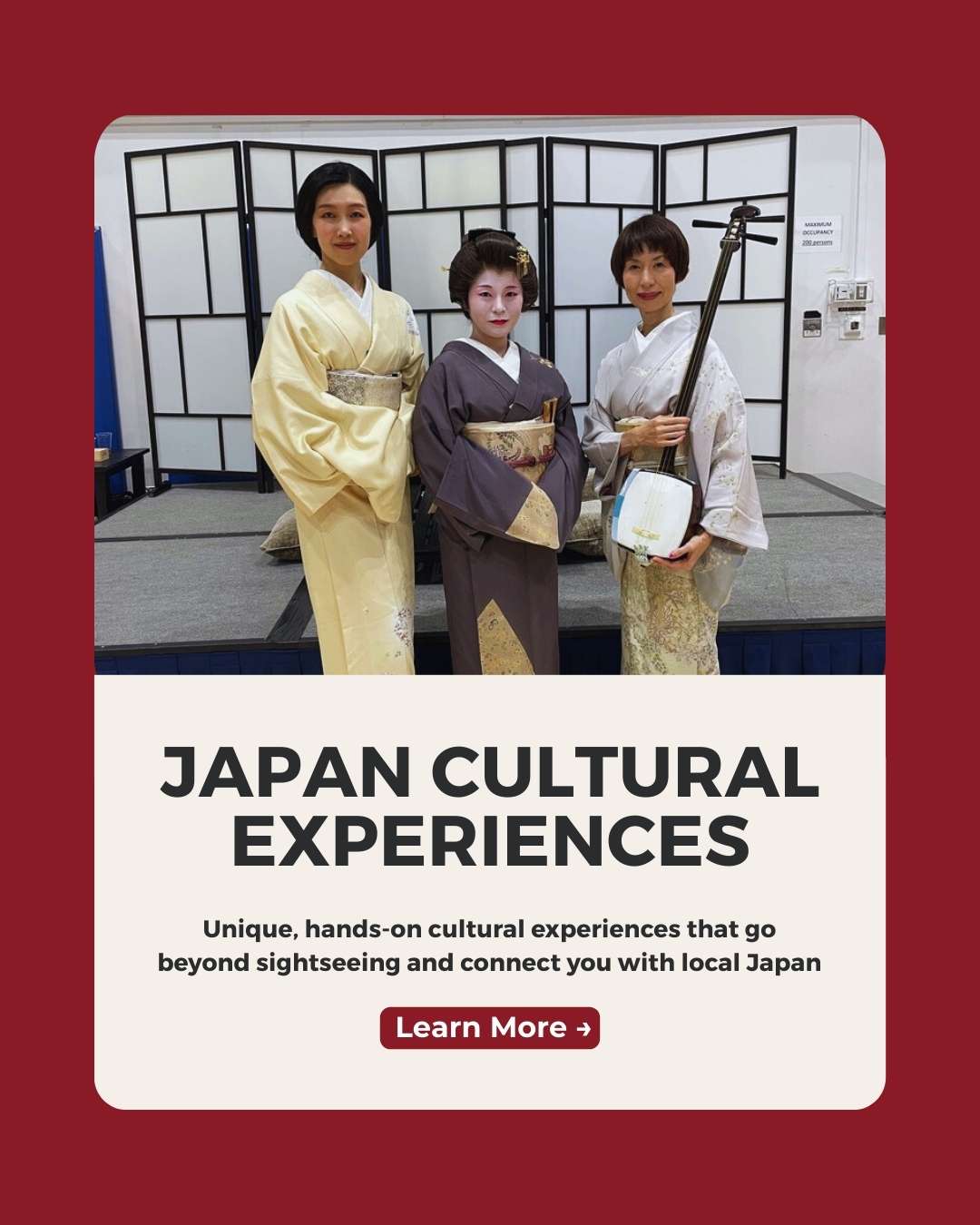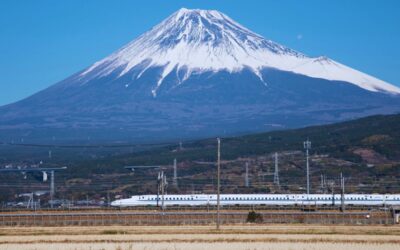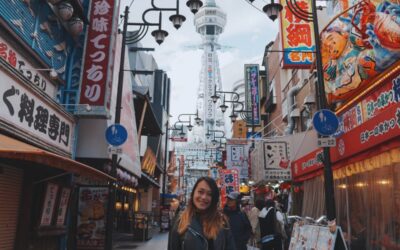You may have heard the saying that Japanese people live longer. Indeed, the average life expectancy in Japan is 84.79 years, the second highest in the world. What is their secret to longevity in Japan? Apart from genetics, there are numerous personal and social factors that contribute to this impressive lifespan. In this article, I will outline some of the main reasons behind the longevity in Japan, many of which we can easily adopt in our own lives.
Longevity in Japan
Food in Japan

Japanese cuisine is renowned not only for its taste but also for its health benefits, playing a key role in the longevity in Japan. A typical Japanese meal consists of small portions, rich in essential nutrients such as vitamins, minerals, and protein. You’ll commonly find fish, tofu, seaweed, rice, noodles, meat, dairy, and vegetables on the Japanese dining table. Thanks to Japan’s geographical location, ingredients are usually seasonal and fresh.
Seaweed, in particular, deserves special attention. It is a staple ingredient in Japanese cooking and is easy to find globally. Whether in dried nori sheets used in sushi or as a side dish, seaweed is packed with vitamins and minerals, including vitamins A, C, E, and K, as well as iron, iodine, and omega-3 fats. Seaweed is also believed to support thyroid function and may reduce the risk of diabetes, contributing to overall health and longevity in Japan.
I personally enjoy adding seaweed to my miso soup, which is another healthy dish. Miso soup is rich in beneficial bacteria and antioxidants. A small bowl before a meal strengthens digestion, boosts the immune system, and contains very few calories, making it a great choice whether you’re trying to maintain a healthy weight or not.
Japan’s traditional diet is reflected in its Food Guide Spinning Top, which emphasises balance and variety.
The guide recommends consuming:
- 5-7 servings of grain dishes
- 5-6 servings of vegetable dishes
- 3-5 servings of fish and meat dishes
- 2 servings of dairy products
- 2 servings of fruit
The guide also encourages mindful eating, using local, fresh products, and reducing food waste, all contributing to a healthy diet. Staying hydrated and exercising regularly are additional factors that support longevity in Japan.
Less is More – Food Portions
Okinawa, known for having one of the highest life expectancies in Japan, follows the principle of eating in moderation. The Okinawan phrase hara hachi bun me means eating until you’re 80% full. Okinawans typically consume around 1,800-1,900 calories daily, maintaining a healthy BMI, which contributes to their longevity. Despite smaller portions, the variety in each meal keeps it satisfying and interesting.
As the image above illustrates, a typical Japanese set of dishes is small. But small does not mean “less.” In Japan, you won’t see a big serving of any food in particular; instead, you will be served with small servings of different food. Overall, the key here is to eat a little bit of all different kinds of food. Besides, a small serving of everything will keep your meal more enjoyable and interesting since whenever you get bored of any kind of food, there are plenty of other tastes waiting for you! 🙂
Tea in Japan
Tea, especially green tea, is an integral part of daily life in Japan and contributes significantly to the longevity in Japan. Rich in EGCG (epigallocatechin gallate), green tea offers many health benefits, from reducing the risk of cancer and diabetes to helping with weight loss and improving brain function.
Exercise and Movement

Unlike the Western gym culture, the secret to staying fit in Japan lies in constant movement rather than intense workouts. Japanese people tend to avoid sitting for long periods and prefer standing or walking, even on public transport. This habit lowers the risk of chronic health issues and supports a longer, healthier life.
Cleanliness
Cleanliness is a deeply ingrained aspect of Japanese culture, which plays an essential role in longevity in Japan. From handwashing to keeping public spaces spotless, hygiene is prioritised, contributing to lower illness rates. Neighbourhoods often organise clean-up events, and the culture of keeping things tidy starts from a young age.
Masks and Health Care System
In Japan, wearing masks is a common practice, even outside of the pandemic. People often wear masks when they have a cold or the flu, preventing the spread of illness and easing the burden on the healthcare system. Combined with an advanced and affordable healthcare system, regular health checkups help detect potential problems early, contributing to Japan’s high life expectancy.
Social Life
Socialising is another factor that supports longevity in Japan. Japanese people love going out and spending time with friends. A healthy social life contributes to mental well-being, which is just as important as physical health when it comes to longevity.
Nature

Nature is a central aspect of Japanese life because many people believe a harmonious life coexists with nature. While you might have already heard of some of the most famous natural wonders such as Mount Fuji, there are a lot more to discover. For example, Japan has one of the longest coastlines in the world, so sightseeing in places like Kitayamazaki Coast or Jogasaki Coast is breathtaking.
Japan also has lots of caves, lakes, bays, waterfalls, and others to explore. Living and working in a big city can be stressful so many people enjoy being close to nature during the weekends or holidays. It is good for both your mind and health to take a break from city life, appreciate the view in front of you, breathe fresh air, and perhaps also meditate in front of these wonders. In case you are visiting Japan, make sure to check out its nature and don’t limit your understanding of the country to big cities such as Tokyo or Osaka.
Community Activities for Seniors
With an ageing population, Japan has created communities designed for seniors, offering shops, restaurants, hot springs, and exercise facilities. These communities foster social interaction and encourage seniors to stay active, which is crucial for maintaining longevity in Japan.
You can have a look at a typical senior community in this video:
Mental Aspects of Longevity in Japan
Maintaining a positive outlook on life is key to the longevity in Japan. Many seniors stay mentally active and feel young, participating in physical activities like marathons or mountain climbing well into their 80s and 90s. This positive mental attitude is just as important as a healthy diet or regular exercise.
Living a Long Life the Japanese Way
There are many factors that play a role in leading to a healthy life. It is important to find a balanced lifestyle that suits you both physically and mentally. I hope this article provides you with some good tips that you think you can practice and follow. Personally, after researching and writing this article, I have decided to eat less and move more; I am also looking for a local tea store to check out some Japanese tea and make my own while working at home. Do you know other reasons behind Japanese’s long life expectancy? Comment below and let’s chat about it!

